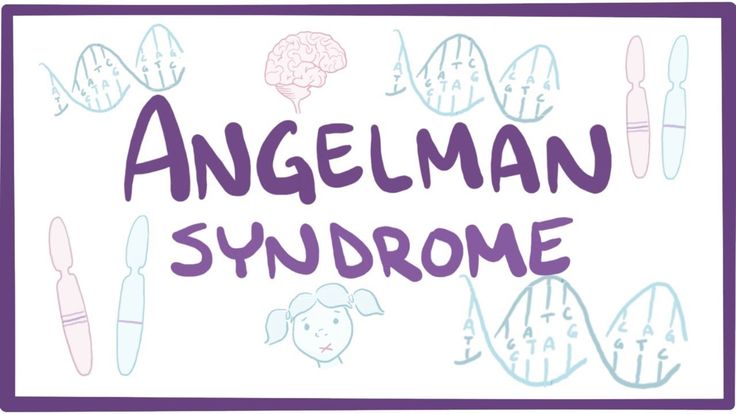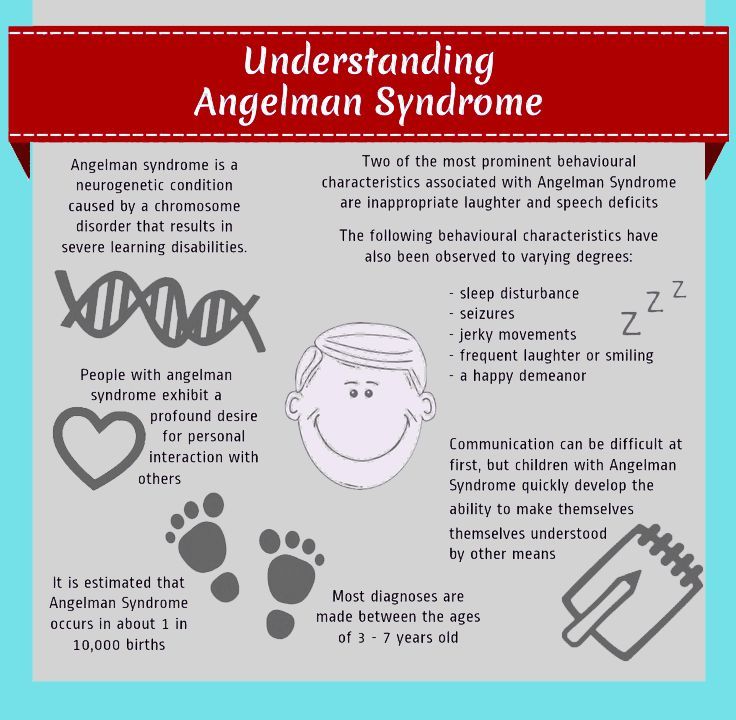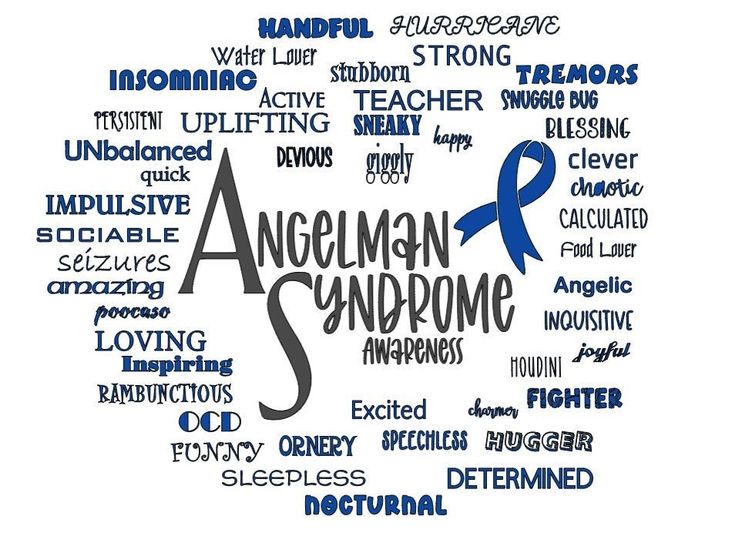Angelman syndrome is a rare genetic disorder that profoundly impacts those diagnosed with it and their families. Often characterized by severe developmental delays, speech impairments, and movement issues, this syndrome requires comprehensive care and support.
This article delves into the specifics of Angelman’s syndrome, exploring its symptoms, causes, and impact on those affected. Additionally, we will explore the connection between Angelman syndrome and Irish actor Colin Farrell, who has become a significant advocate for the condition.
What is a Syndrome?
Before diving into the specifics of Angelman syndrome, it is essential to understand what a syndrome is. A syndrome is a bundle of symptoms and characters that usually happen together and characterize a certain abnormality or disease. Unlike diseases, which typically have a single cause, syndromes can result from a variety of underlying issues, including genetic mutations, environmental factors, or a combination of both.
Syndromes often present complex challenges in diagnosis and treatment because they involve multiple systems in the body. The term “syndrome” does not imply a single cause or pathway, making conditions like Angelman syndrome particularly challenging to manage.
Understanding Angelman Syndrome
What is Angelman syndrome?

Angelman syndrome is a genetic disorder driven by the failure of operation in a specific gene on chromosome 15 known as UBE3A. This gene plays a vital part in brain evolution, and its absence directs to the symptoms associated with Angelman syndrome. The condition was first identified in 1965 by British pediatrician Dr. Harry Angelman, after whom the syndrome is named.
Angelman syndrome is characterized by severe developmental delays, lack of speech, seizures, and problems with movement and balance (ataxia). Children with Angelman syndrome often have a happy, excitable demeanor, frequently smiling and laughing, which has led to the condition being nicknamed “Happy Syndrome” or “Happy Puppet Syndrome.”
Angelman Syndrome Characteristics
The characteristics of Angelman syndrome are distinct and can be identified through a combination of genetic testing and clinical evaluation. Individuals with this condition often exhibit the following traits:
-Developmental Delays:
Extreme uncertainties in reaching developmental milestones, such as sitting, crawling, and walking.
– Speech Impairment:
Most individuals with Angelman syndrome do not develop functional speech. They may communicate through gestures, signs, or using assistive communication devices.
– Movement and Balance Disorders:
Ataxia, or lack of muscle coordination, is common. Many individuals have a stiff, jerky gait and may have difficulty with balance.
– Behavioral Traits:
A happy, excitable demeanor, frequent smiling, and laughter. Some individuals may also have a fascination with water and other sensory stimuli.
– Sleep Disorders:
Difficulty sleeping is common, often requiring intervention to ensure adequate rest.
– Seizures:
Epileptic seizures are a significant concern, often beginning before the age of three and requiring medical management.
The Connection Between Colin Farrell and Angelman Syndrome

Who is Colin Farrell?
Colin Farrell is a famous Irish actor who has starred in multiple films, including “In Bruges,” “The Lobster,” and “The Batman.” Outside his successful acting career, Farrell is also a devoted father to his son James, who was diagnosed with Angelman syndrome.
Farrell’s connection to Angelman syndrome has had a significant impact on his life and has turned him into an advocate for those living with the condition. His openness about his son’s diagnosis has helped to raise awareness about Angelman syndrome and the challenges faced by families affected by it.
In various interviews, Farrell has spoken about the joys and difficulties of raising a child with Angelman syndrome. He has highlighted the importance of early intervention, specialized education, and supportive therapies in improving the quality of life for individuals with this condition.
Farrell’s advocacy has brought much-needed attention to Angelman syndrome, helping to increase understanding and support for those living with this rare genetic disorder.
Angelman Syndrome Symptoms

The symptoms of Angelman syndrome are broad and can vary in severity. The most common symptoms include:
– Severe Developmental Delays
These delays are often the first sign that something may be amiss. Children with Angelman syndrome typically take longer to reach developmental milestones.
– Speech Impairment:
Individuals with Angelman syndrome usually have little to no speech, though they may be able to communicate through alternative means.
– Movement and Balance Problems:
Ataxia, tremors, and jerky movements are common. These movement disorders can make daily activities challenging.
– Seizures:
Seizures often begin in early childhood and can vary in frequency and severity. Managing these seizures is a critical aspect of care for individuals with Angelman syndrome.
– Happy Demeanor:
Despite their challenges, individuals with Angelman syndrome often have a happy and excitable demeanor, frequently smiling and laughing.
– Sleep Disorders:
Sleep problems, including complications of falling asleep and staying asleep, are typical in people with Angelman syndrome.
Other Names for Angelman Syndrome

– “Happy Syndrome” and “Happy Puppet Syndrome”
This syndrome is also known by other names, including “Happy Syndrome” and “Happy Puppet Syndrome.” These names stem from the characteristic behaviors and movement patterns associated with the condition.
The term “Happy Puppet Syndrome” was once commonly used because of the jerky movements and happy demeanor of affected individuals, which some people likened to the movements of a puppet. However, this term has fallen out of favor due to its potentially pejorative connotations.
“Happy Syndrome” is another term that reflects the joyful and excitable nature of those with this type of syndrome. While these alternative names highlight some of the unique aspects of the condition, it’s important to use them with sensitivity and understanding of their implications.
Raising Awareness: Colin Farrell’s Role
Colin Farrell’s role in raising awareness for Angelman syndrome cannot be overstated. As a public figure, his advocacy has brought attention to the condition and has helped to reduce the stigma associated with rare genetic disorders. Farrell has participated in numerous events and campaigns to support research and provide resources for families affected by this syndrome.
– How Colin Farrell’s public advocacy has influenced awareness
Through his efforts, Farrell has highlighted the importance of early diagnosis and intervention, which can significantly improve the quality of life for individuals with Angelman‘s syndrome. He has also emphasized the need for continued research to better understand the condition and develop more effective treatments.
– The importance of celebrity involvement in rare disease advocacy
Farrell’s advocacy work has also focused on the broader issues families living with rare diseases face, such as access to specialized healthcare, educational resources, and financial support. By using his platform to speak out about these issues, Farrell has helped to drive change and improve the lives of those affected by Angelman syndrome.
Conclusion
– Recap of the key points
Angelman‘s syndrome is a complex and challenging genetic disorder that requires comprehensive care and support. Severe developmental delays, speech impairments, movement disorders, and a happy demeanor characterize the condition. While there is no cure for Angelman syndrome, early intervention and specialized therapies can significantly improve the quality of life for those affected.
Colin Farrell’s connection to Angelman syndrome through his son James has played a crucial role in raising awareness and advocating for those living with the condition. His efforts have helped to bring attention to the challenges faced by families affected by Angelman‘s syndrome and have driven important conversations about rare genetic disorders.
– The significance of constant research and awareness
As research continues, there is hope that new treatments and therapies will be developed to improve the lives of individuals with Angelman‘s syndrome. In the meantime, continued awareness and advocacy are essential to ensuring that those affected by this condition receive the care and support they need.
Also for more information to improve Mental Health, check out this article.


2 thoughts on “Unraveling the Mystery of Angelman Syndrome: A Closer Look at the Rare Genetic Disorder”